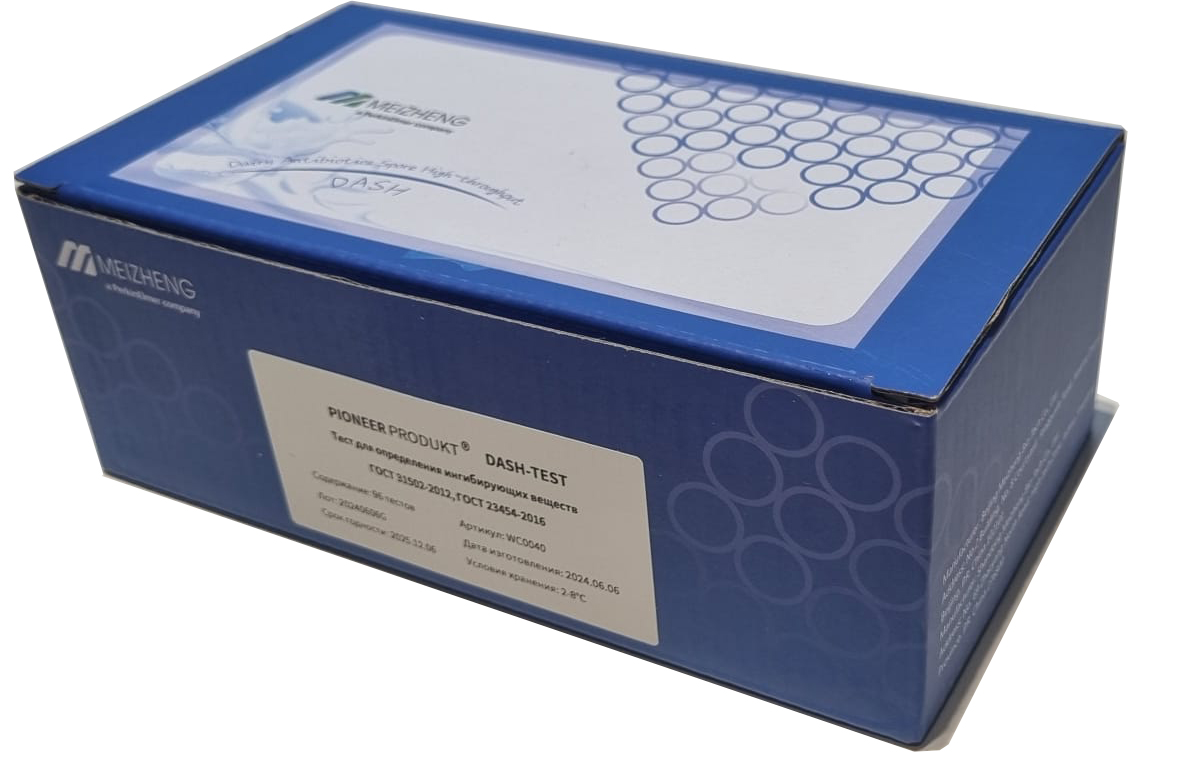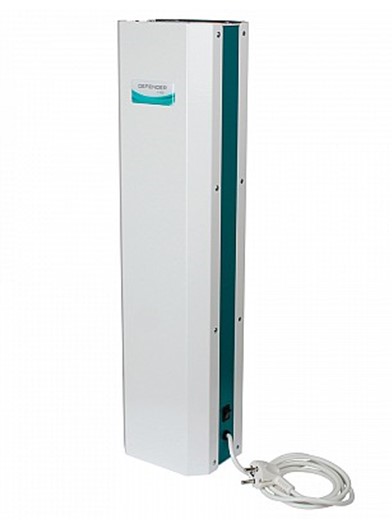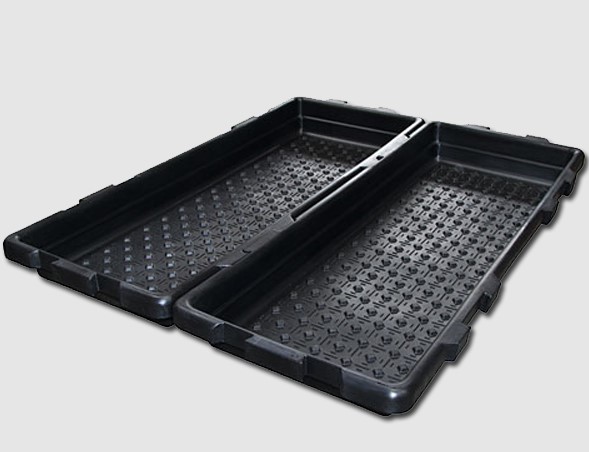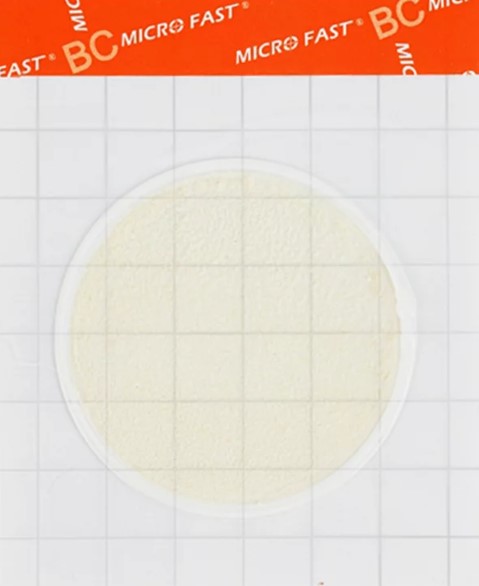A member of the Bundestag sent 11 questions to Berlin about the ban on entry of cars
Bundestag deputy from the Alternative for Germany party Eugene Schmidt told RBC that at the end of August he sent an appeal to the government of the country on behalf of the AfD (the document is available to RBC), in which he asked for clarification of the situation with the seizure of cars. The government took a break until the end of September.
“At first I sent small individual requests, but the government sent replies. At the end of the month (August) I sent a detailed request. The government, which was a surprise to me, took a break. They promised to prepare a response by the end of September and, apparently, turned to the European Commission for advice,” Schmidt said.
“As we know, the other day an EC official made some statements that further confused the situation. There is a clear discrepancy between the text of the sanctions and the recommendations of the European Commission that we heard,” Schmidt told RBC. He opined that "any lawyer and person in their right mind would find the recommendations ridiculous." The deputy expects that the German government will prepare a response to the appeal based on the recommendations given by the European Commission .
On September 8, the European Commission issued recommendations stating that entry into the EU countries with personal cars (customs code 8703 - cars for transporting less than ten people) registered in RUSSIA will be regarded as prohibited import , even if they are used for personal purposes. and not in commercial ones.
The European Commission also answered “no” to the question about the possibility of importing personal belongings of Russians (including tourists), such as cosmetics (HS code 3304), suitcases (4202), laptops (8471), mobile phones (8517), which appear in Annex XXI to Art. 3i 833/2014, defining the embargo against Russia. On September 12, a new clarification was issued, reiterating that cars could be used to circumvent sanctions, and for personal effects, stating that their importation should be treated in a “proportionate and reasonable manner.”
Read PIONERPRODUKT .by 12 types of parents, because of which a child loses touch with his emotions Orgasm in the head: what processes in the brain are triggered by sex Mom doesn’t want anything: how parental depression affects the child It’s time to pay up: what taxes do Russian businessmen pay in Thailand
In his address dated August 22, Schmidt and his colleagues point out that Berlin's too broad interpretation of the sanctions legislation could lead to retaliatory Russian countermeasures that would affect German citizens. They also ask the government 11 questions regarding cars. In particular, Schmidt asks the government to name the number of cars with Russian license plates detained in the country, as well as to disclose data on confiscations in other countries and information on how those states that refrain from such actions justify them.
The authors of the request also ask what the government knows about the “significant income” that Russia receives when a private car with Russian license plates enters Germany, for example, for transit.
Germany is so far the only country where Russian cars have been seized. They started doing this even before the release of the September recommendations of the European Commission. The first case became known in June. Ivan Koval, who lives in Germany, told RBC that his car was taken from him on June 1 near his house in Hamburg, since “since October 2022, the entry of cars with Russian license plates into the EU is prohibited.” Several other cases were reported in the media. Then the German customs told RBC that any import of cars into Germany from Russia, even entry by personal transport, would be regarded as grounds for arrest. Koval managed to regain his Audi Q3 after a complaint to customs and consideration of the case by the Hamburg prosecutor's office.
A message from the Russian Embassy in Germany received by RBC states that “it is reliably known about individual cases of seizure by employees of German customs authorities of personal vehicles of Russians registered in Russia.” “We also know that some of the victims were able to successfully challenge such confiscation in COURT. The vehicles were returned to them. The embassy is not yet aware of the confiscation of other categories of personal belongings of Russians,” they said on September 14.



























































